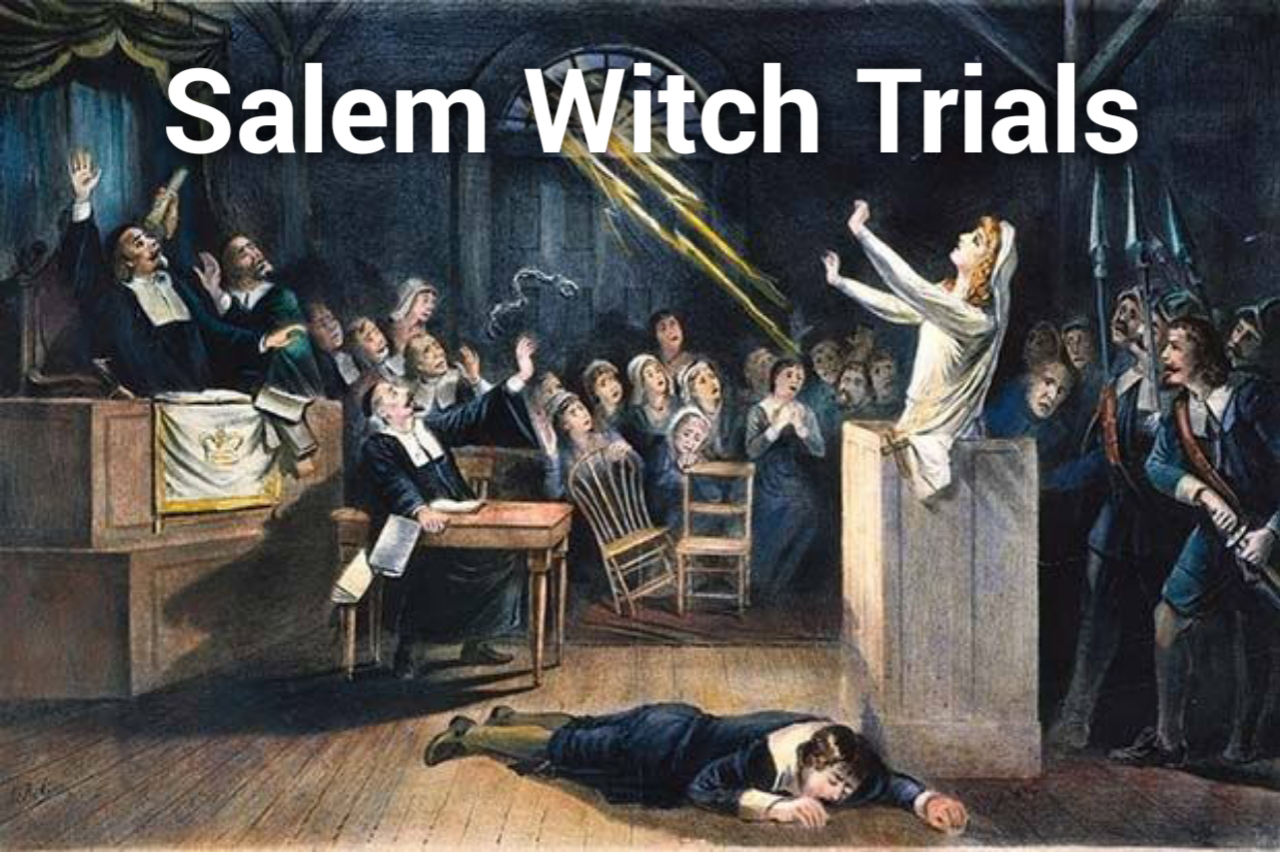Divorce In 18th Century British Laws
Divorce In British Law In 18th Century.
Introduction:
Britain Is Said To Be Pioneer In Making Of Modern Laws, Although British Rule In India Was Nothing More Than A Curse For Indian Soil, But Still There Is No Debate On The Fact that may be for their own benefit but at least Britishers introduced many laws in india which are still in force after several amendment as per need.
There is An Law In India Called "MATRIMONIAL CAUSES (WAR MARRIAGES) ACT, 1948
40 of 1948"
Which Is My Inspiration Behind This Article.
Same law Was In Force In Britain During 18th Century Called " Matrimonial Causes Act Of 1857"
In This Article I Will Try To Explain That and several other aspects To The Best Of My Knowledge And Conscience
Condition Of British Marriages In 18th Century:
As It is an well known fact that condition of Women's During 18th century was not as good as we think.
Women's were having Very few basic Rights only, Women could not vote, own land while married, go to a university, earn equal wages, enter many professions, and even report serious cases of domestic abuse.
Domestic Violence:
"In Georgian England, husbands were legally entitled to strike their wives in order to ‘correct’ their conduct so long as moderation was the watchword. " (1)
One Judge In Britain Named Francis Buller Was Famously Known as "thumb Judge" for his judgement where he mentioned that an husband can Beat His Wife With a stick not thicker than his thumb
But it finally became a void act under in Domestic Violence and Matrimonial Proceedings Act in 1976.
Age Of Marriage
12 Was The age of marriage
Until the Marriage Act of 1653 set the set the marriage age at 16 for men and 14 for women (with parents needing to give consent for those under 21), the age of consent was a vague “years of discretion,” which could be as young as 12 for girls and 14 for boys (1)
Until 1823 the legal age in England for marriage was 21 years for men and women although after 1823 a male could marry as young as 14 without parental consent and a girl at 12 although most girls didn't marry until around the ages of 18 to 23. (2)
Divorce:
The Divorce Was Not an option for centuries in Britain but later some limited grounds for divorce were provided to the people, But Here The Real Problem Arise!
Wife Selling In Britain Instead of divorce:
In late 18th century divorce was so expensive that most of mens sold their wife's in market instead of applying for divorce.
They used to sell their wife's in Market, and such public places etc directly with chain around neck.
If In Those days you wanted to take Divorce from your wife there was one option only to obtain a private Act of
Parliament essentially, an exception to Britain’s draconian divorce law to
formally divorce,
This process was so expensive and time causing that people used to sell their wife's
Women's were sold by auction according to her beauty, virtues and Other things, Once She Was Bought By Another Man then the previous marriage Was Considered as Null and void and the buyer would take care of her as wife. Adultery and cruelty were two grounds for divorce generally but they were given in some Discriminating way that women had to Prove the act and male only needed to blame wife.
Laws Regarding Divorce:
The laws in Britain were based on the idea that women would get married and that their husbands would take care of them. Before the passing of the 1882 Married Property Act, when a woman got married her wealth was passed to her husband. If a woman worked after marriage, her earnings also belonged to her husband (3)
The law was that upper and middle class women had to stay dependent on the man in childhood as a daughter and later as a wife. After getting married, it was extremely difficult for a woman to get a divorce. The Matrimonial Causes Act of 1857 gave men the right to divorce their wives on the grounds of adultery. However, married women were not able to get a divorce if they discovered that their husbands had been unfaithful. Once divorced, the children became the man's property and the mother could be prevented from seeing her children.
Famous Statements Of 18th century women's:
•In her book Women's Suffrage published in 1911, Millicent Garrett Fawcett criticised the passing of the 1857 Divorce Act :
In 1857 the Divorce Act was passed, and, as is well known, set up by law a different moral standard for men and women. Under this Act, which is still in force, a man can obtain the dissolution of the marriage if he can prove one act of infidelity on the part of his wife; but a woman cannot get her marriage dissolved unless she can prove that her husband has been guilty both of infidelity and
•In 1867 Lydia Becker made a speech at a meeting of the Manchester Suffrage Society on the subject of marriage :
I think that the notion that the husband ought to have the headship or authority over his wife, is the root of all social evils… Husband and wife should be co-equal. In a happy marriage there is no question of 'obedience'.
Interesting Fact:
In 18th Century British women's were expected to marry and give birth to children as the Number of male population was reducing, in fact there was shortage of men to marry. According to report By 1861 there were 10,380,285 women living in England and Wales but only 9,825,246 men.
- Anmol Vyas
Source:
(1) folger.edu
(2) covecollective.org
(3) Spartacus Educational Publishers




Comments
Post a Comment